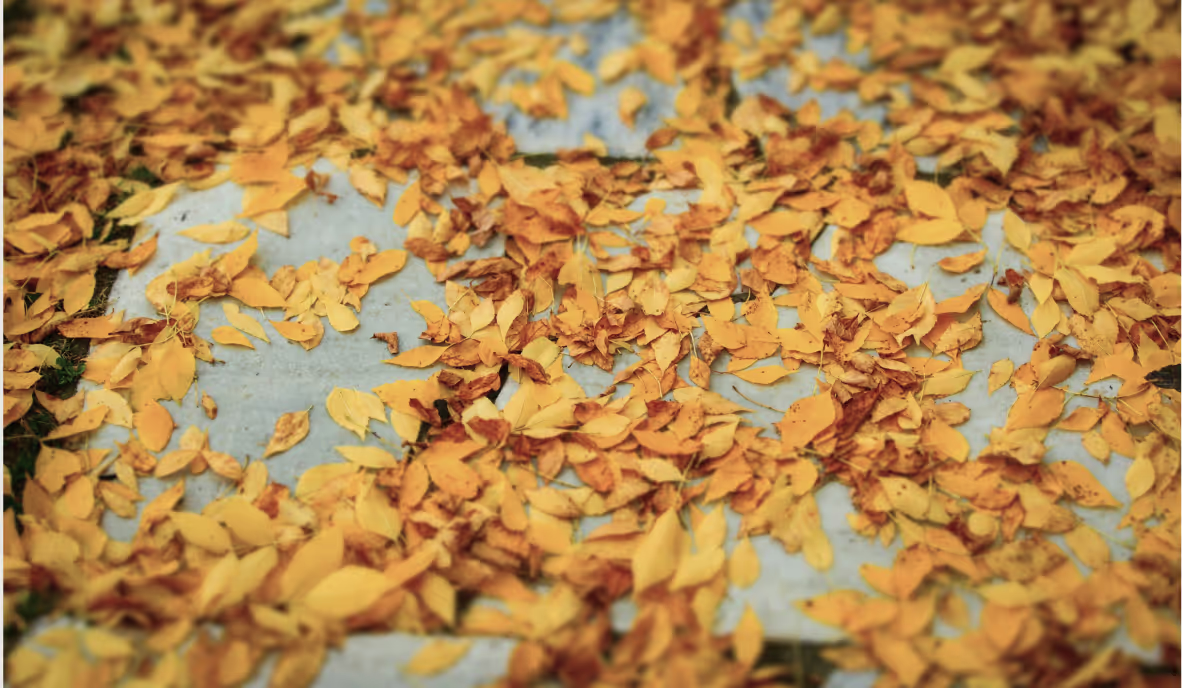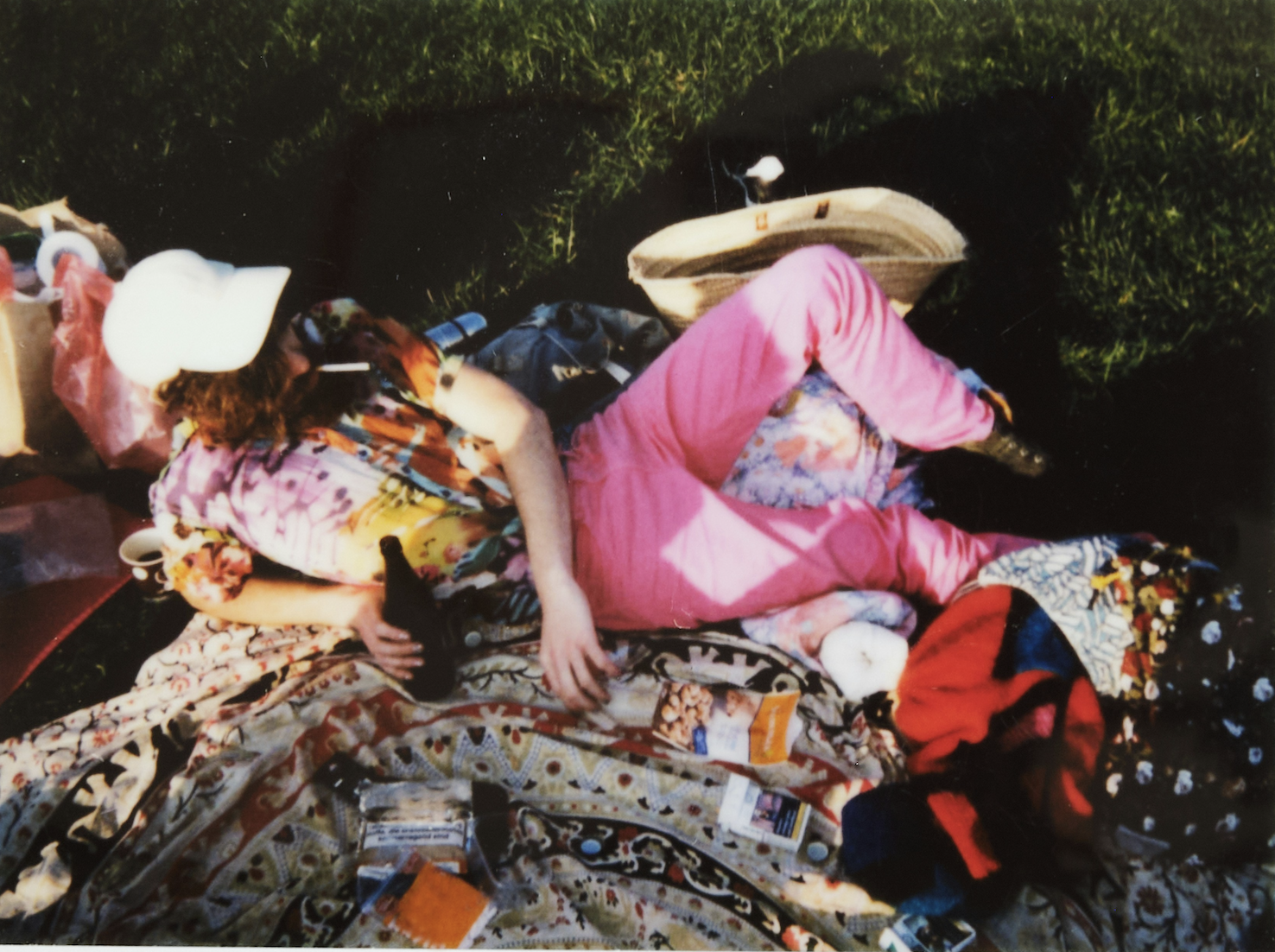When Is the Right Time to Rake Your Leaves?

Join the community





If you grew up with a garden or a lawn, you probably remember raking leaves every autumn. It was one of those classic fall chores we all had to do.
But do we really need to drag those rakes through piles of leaves every fall and bag them up for disposal?
Here's what experts say: leaving your leaves on the ground comes with a slew of environmental benefits.
{{cta-join2}}
The environmental benefits of leaving leaves on the grass
Fallen leaves are home to thousands of different species such as insect larvae, butterfly pupae, and even animals higher up the food chain such as salamanders, toads, box turtles, shrews, and chipmunks. So when you rake your leaves, you destroy these animals’ habitats.
These fallen leaves also suppress weeds and other plants that compete with your trees and shrubs for nutrients.
Also if you bag leaves and send them to landfills, they decompose and release methane, a greenhouse gas that contributes to climate change
So unless you've got a thick carpet of leaves hiding your grass, it's okay to leave most of them where they are.
When should you rake the leaves?
If you leave a thick layer of leaves (where you can't see the grass underneath) on your lawn before it snows, you're inviting trouble. Snow will pile on top, creating the perfect environment for snow mold to thrive. This nasty fungus comes in pink or gray varieties and can wreak havoc on your grass.
So make sure you clean it up before it starts snowing.
Sometimes, your homeowner's association may require you to remove leaves from the grass. In this case, wait until the leaves become crunchy.
Then, mow the leaves with your lawn mower. This will break them down into smaller pieces, which you can leave on the lawn.
If the association still isn't satisfied, rake these broken pieces into garden beds. There, they'll provide mulch and winter insulation.
Composting leaves is another option, though it requires more effort. Check whether your town offers leaf composting services. If so, use paper bags or reusable containers for your yard waste, not plastic bags.






.jpg)




